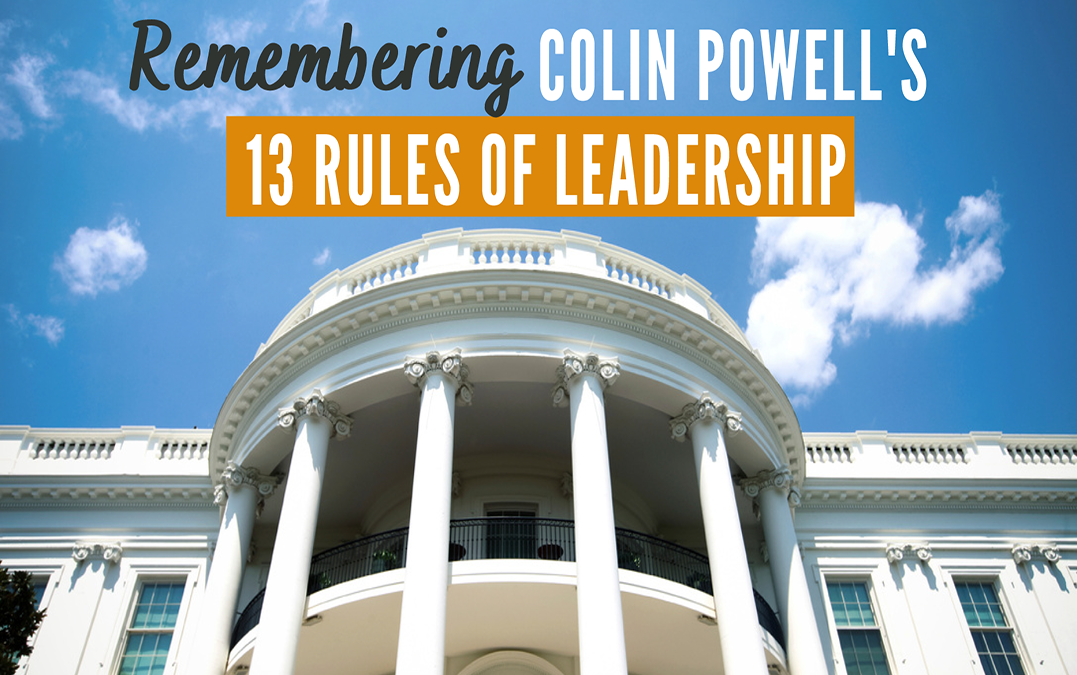
Letter from the Founder
Welcome to the seventy-fifth issue of CEE News! .
 This is traditionally the time of year when we start to shift our attention inward, to focus on family and on what we are grateful for. As we enter a transitional stage after a year of trauma and strain, more than ever we need ways to refresh our energies, calm our anxieties, and nurse our well-being. Here are three ideas from TED Talks that can help fill up your gratitude jar.
This is traditionally the time of year when we start to shift our attention inward, to focus on family and on what we are grateful for. As we enter a transitional stage after a year of trauma and strain, more than ever we need ways to refresh our energies, calm our anxieties, and nurse our well-being. Here are three ideas from TED Talks that can help fill up your gratitude jar.
(more…)

Sticky Solutions
Sticky solutions to your everyday business challenges

Question: I’m an HR Business Partner for a medical equipment supply company that is scrambling to fill a large number of job openings remotely. Without the benefit of in-person queues – handshakes, personal energy, body language – I don’t feel as confident in my skills to gauge candidate fit through a Zoom box. Do you have any tips for how to improve my remote interviewing skills?
(more…)

Business In Focus
A closer look at companies executing leadership excellence
.
 In 2014, under the name Bootstrap Heros, Oisin O’Connor and his two roommates were determined to solve one of the biggest problems facing Shopify merchants: recurring payments. In October, after many months of takeout and trial and error, ReCharge Payments was launched. By 2015, O’Connor’s team became the preferred partner of Shopify Plus, so they upgraded from their whiteboard-lined apartment to an office in Santa Monica, CA.
In 2014, under the name Bootstrap Heros, Oisin O’Connor and his two roommates were determined to solve one of the biggest problems facing Shopify merchants: recurring payments. In October, after many months of takeout and trial and error, ReCharge Payments was launched. By 2015, O’Connor’s team became the preferred partner of Shopify Plus, so they upgraded from their whiteboard-lined apartment to an office in Santa Monica, CA.
Today, the company has grown from a handful of employees to 250+ fully remote team members. Working remotely enables Recharge team members to have more control, gain autonomy, and achieve balance in their lives. The company made Forbes Top 100 for remote jobs by going the extra mile to make team members feel that they’re an integral part of the company’s success regardless of where they’re logging in from.
(more…)

Leadership
Being a leader is sometimes frightening. The greater responsibility you have in an organization, the greater the impact your decisions will have. But, if you wait until you have all of the information needed to make the perfect decision, you really aren’t making a decision at all. You’re just stating a foregone conclusion. And that’s not leadership.
There will always be pieces of information or levels of impact that are unknown. With practice, you can learn to rely on a combination of experience, trust, and pure gut instinct to make the best decision available. Without practice, you’re subverting your ability to grow as a leader.
By taking on the challenge of doing things that are out of your comfort zone, you can accelerate your learning and growth as a leader. Here are some tips to help you work through your fears:
“Do one thing every day that scares you.” That quote, attributed to Eleanor Roosevelt, reminds us to challenge ourselves more. Whatever it is that scares you — public speaking, having a hard talk with a friend, making an appointment to see a counselor, or taking the leap into entrepreneurship — write them all down. Then challenge yourself to tackle these things with greater and greater frequency. There is real power in taking action on the things that you once feared the most.
Think through the worst-case scenario. “Fear is your friend,” says Tim Ferriss in his TED talk. “Fear is an indicator. Sometimes it shows you what you shouldn’t do. More often than not it shows you exactly what you should do. And the best results, the most enjoyable times, often come from asking a simple question: What’s the worst that can happen?”
Fear makes us do the opposite of what’s best for us. As with stress and other “negative” emotions, a certain amount of fear is healthy, even beneficial. Fear’s insidiousness hides on the invisible line between what’s healthy and what isn’t. The challenge is in determining when to listen to fear, and when to ignore it. That line — and therefore the determination whether to obey our fears or face them down — comes into view when we ask what’s in our best long-term interest.
The more you listen to fear, the more power you give it. Fortunately, the converse is true — the more you face fear down, the more control you have. Once we understand that, we can systematically expose ourselves to the things that scare us, and in that way, propel ourselves forward.
Question: What are some fears you’ve overcome as a leader?
Driven by the premise that excellence is the result of aligning people, purpose and performance, Center for Executive Excellence facilitates training in leading self, leading teams and leading organizations. To learn more, subscribe to receive CEE News!

Leadership, People
Yesterday, America lost a legendary public statesman and former Secretary of State, Colin Powell.
“Leadership is the art of accomplishing more than the science of management says is possible.” – Colin Powell
Since his retirement from public office in 2004, Powell has spent much of his time sharing his leadership knowledge with the business community. In his 2012 book, It Worked For Me, Powell attributed his success to hard work, straight talk, respect for others, and thoughtful analysis.
At the heart of the book are Powell’s “13 Rules” — ideas that he gathered over the years that formed the basis of his leadership principles.
Colin Powell’s 13 Rules of Leadership are listed below. They are full of emotional intelligence and wisdom for any leader.
- It ain’t as bad as you think! It will look better in the morning. Leaving the office at night with a winning attitude affects more than you alone; it conveys that attitude to your followers.
- Get mad then get over it. Instead of letting anger destroy you, use it to make constructive change.
- Avoid having your ego so close to your position that when your position falls, your ego goes with it. Keep your ego in check, and know that you can lead from wherever you are.
- It can be done. Leaders make things happen. If one approach doesn’t work, find another.
- Be careful what you choose. You may get it. Your team will have to live with your choices, so don’t rush.
- Don’t let adverse facts stand in the way of a good decision. Superb leadership is often a matter of superb instinct. When faced with a tough decision, use the time available to gather information that will inform your instinct.
- You can’t make someone else’s choices. You shouldn’t let someone else make yours. While good leaders listen and consider all perspectives, they ultimately make their own decisions. Accept your good decisions. Learn from your mistakes.
- Check small things. Followers live in the world of small things. Find ways to get visibility into that world.
- Share credit. People need recognition and a sense of worth as much as they need food and water.
- Remain calm. Be kind. Few people make sound or sustainable decisions in an atmosphere of chaos. Establish a calm zone while maintaining a sense of urgency.
- Have a vision. Be demanding. Followers need to know where their leaders are taking them and for what purpose. To achieve the purpose, set demanding standards and make sure they are met.
- Don’t take counsel of your fears or naysayers. Successful organizations are not built by cowards or cynics.
- Perpetual optimism is a force multiplier. If you believe and have prepared your followers, your followers will believe.
Colin Powell’s rules are short but powerful. Use them as a reminder to manage your emotions, model the behavior you want from others, and lead your team through adversity.
Question: Which of the 13 rules have you mastered? Which one can you work on today?
Driven by the premise that excellence is the result of aligning people, purpose and performance, Center for Executive Excellence facilitates training in leading self, leading teams and leading organizations. To learn more, subscribe to receive CEE News!

 This is traditionally the time of year when we start to shift our attention inward, to focus on family and on what we are grateful for. As we enter a transitional stage after a year of trauma and strain, more than ever we need ways to refresh our energies, calm our anxieties, and nurse our well-being. Here are three ideas from TED Talks that can help fill up your gratitude jar.
This is traditionally the time of year when we start to shift our attention inward, to focus on family and on what we are grateful for. As we enter a transitional stage after a year of trauma and strain, more than ever we need ways to refresh our energies, calm our anxieties, and nurse our well-being. Here are three ideas from TED Talks that can help fill up your gratitude jar.



